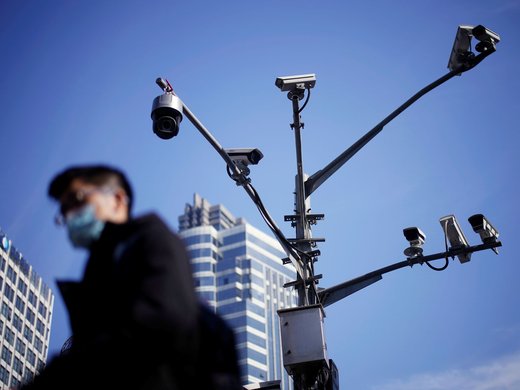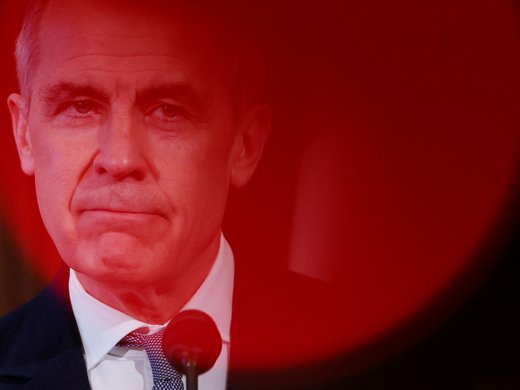Private Internet intermediaries increasingly find themselves at odds with governments, with serious implications for human rights. While companies face tougher data protection and privacy laws in some jurisdictions, they also face growing legal requirements to comply with mass surveillance, weaken encryption and facilitate censorship in ways that contravene international human rights standards. In many countries, they face increasing legal liability for users’ activities. Even where law does not compel companies to violate users’ rights, companies generally lack sufficient market and regulatory incentives to protect the human rights of all of their users. The resulting global “governance gaps” require new types of cross-border institutions and mechanisms to strengthen companies’ ability to respect users’ rights and to hold firms accountable.
This paper first describes some innovative efforts that might serve as building blocks for such mechanisms and institutions. Next, it places these developments in the broader context of the evolving role of corporations in international governance and accountability systems beyond the information communications technology sector. It then focuses on one particular accountability toolset: rankings and ratings, which, when combined with transparency and disclosure frameworks, can help to foster greater accountability as well as respect for international human rights standards. The final section focuses specifically on the Ranking Digital Rights Corporate Accountability Index. The inaugural index, published in November 2015, ranked Internet and telecommunications companies on 31 indicators evaluating disclosed commitments, policies and practices affecting Internet users’ freedom of expression and right to privacy. Key findings and initial impacts will be examined, concluding with a discussion of how such public benchmarking of companies, in concert with other initiatives and mechanisms, might foster greater corporate accountability for a free and open Internet.


